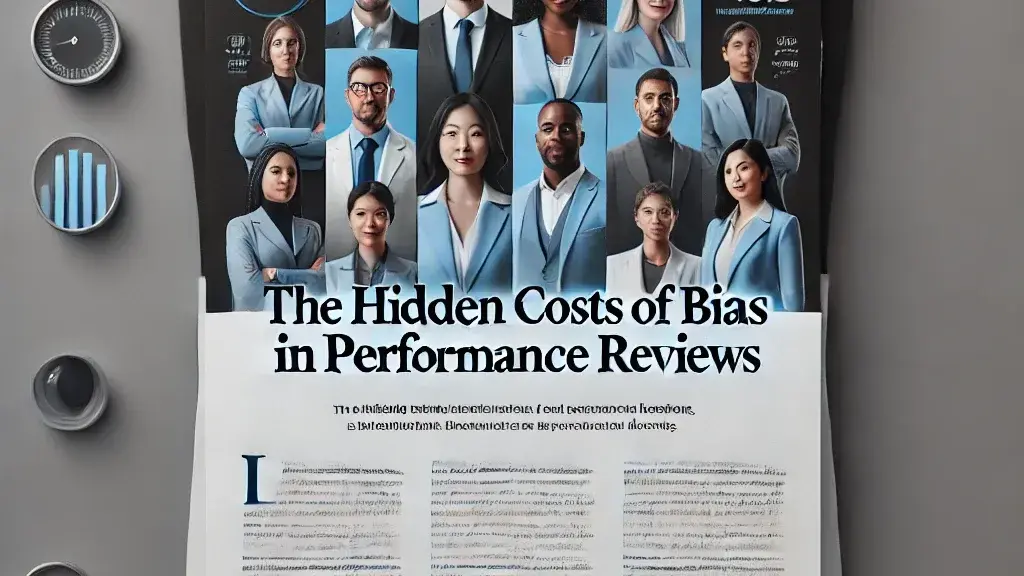The Hidden Costs of Bias in Performance Reviews
Sep 4, 2024

In today’s workplace, race and gender biases continue to shape the outcomes of performance reviews, as revealed by a recent study from HR tech company Textio. These biases not only affect the language used in feedback but also have far-reaching consequences on employee advancement, engagement, and retention.
The Influence of Bias
Textio’s analysis of 23,000 performance reviews and survey responses from 450 workers highlights significant disparities in the feedback provided to employees based on their race and gender. The study found that women often receive feedback focused on their personalities rather than their professional capabilities. Astonishingly, 56% of women have been described as unlikeable in their reviews, and 78% have been labeled as emotional. In contrast, only 16% and 11% of men reported receiving similar feedback.
Race and Feedback Quality
The study also reveals that race plays a significant role in the quality of feedback received. White and Asian men are more likely to receive high-quality, actionable feedback, with half of them being described as “intelligent.” In contrast, less than 20% of Black and Hispanic/Latino workers receive similar feedback, and over 60% of these workers are described as “emotional.”
Conclution
Bias in performance reviews has far-reaching implications, stunting individual growth and impacting overall workplace dynamics. Addressing these disparities is crucial for fostering a more equitable work environment.
Read the full-article here:
Blog Written by:Yvette Durazo
Yvette is an international leader and expert in the field of alternative dispute resolution/conflict resolution with expertise in the Human Resources, family businesses, corporate and non-profit organizational disputes areas. Yvette is an Adjunct Professor for the University of California, Santa Cruz Silicon Valley Extension for the Human Resource Management Certification Program. There she teaches online and in-person courses in Diversity, Equity, and Inclusion (DEI), Human Resource Management Courses, Communication & Conflict Management, Alternative Dispute Resolution, Ethics, Neutrality, Conciliation, and Mediation. She is also a former Adjunct Professor for the National University and the School General Council of the Judiciary in the State of Guanajuato, Mexico.